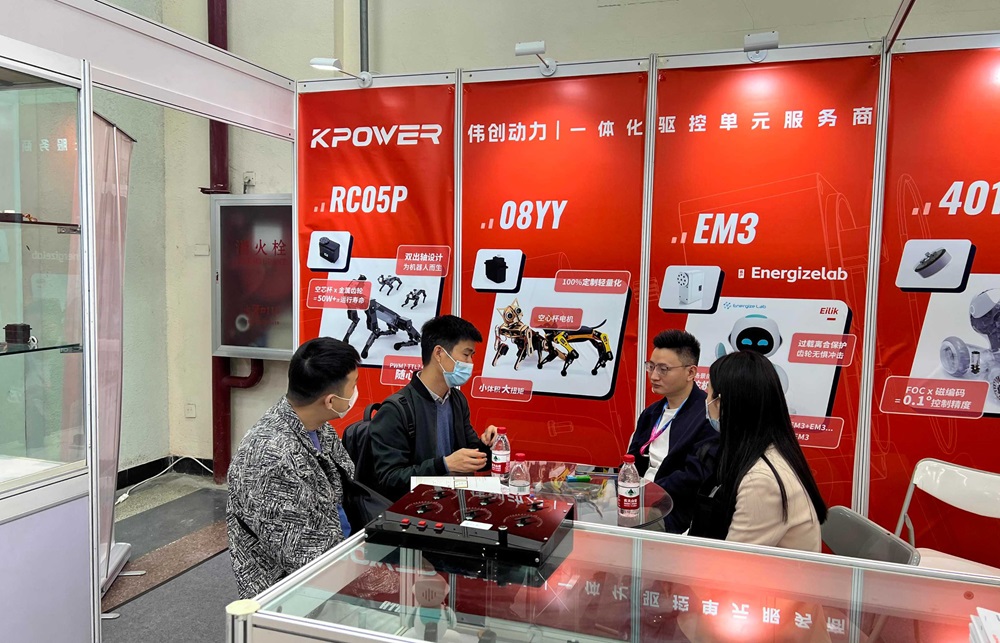Creating Microservices in Azure: A Step-by-Step Guide
When it comes to building scalable, flexible applications, microservices are the way to go. Azure makes this process easier, providing robust tools and services to streamline the development and deployment of microservices. If you're wondering how to get started with creating microservices in Azure, you're in the right place. Let’s break it down in simple, practical terms.

What Are Microservices?
Before diving into Azure’s offerings, let’s first understand what microservices are. Imagine a traditional monolithic application. Everything is built into a single, large block of code. Now, picture a microservices-based application as a collection of smaller, independent services that each handle a specific task. These services interact with each other but can function and scale on their own. It’s a bit like assembling a team of specialists where each person has a distinct role, but they all work together to achieve a bigger goal.
Why Use Microservices in Azure?
Azure is an ideal platform for microservices because of its flexibility and wide array of tools. Whether you’re building a new app or migrating an existing one, Azure offers the scalability, reliability, and security needed to create and manage microservices.
Getting Started
Creating microservices in Azure typically involves the following steps:
Set Up Azure Kubernetes Service (AKS)
AKS simplifies the management of containerized applications. Kubernetes clusters handle the orchestration of your microservices, meaning you don’t have to worry about managing individual containers. Just deploy your services, and let Kubernetes take care of the rest.
Use Azure Functions for Serverless Computing
Not all microservices need to be continuously running. Some can be event-driven. Azure Functions allows you to run small pieces of code in response to events without worrying about the underlying infrastructure. This is particularly useful for certain microservices that don’t need to be on all the time.
Connect Your Services with Azure Service Bus
Communication between microservices is crucial, and Azure Service Bus makes it simple. With reliable message queues and topics, you can ensure smooth interaction between services, whether they’re local or distributed globally.
Monitoring and Scaling
One of the biggest advantages of using Azure for microservices is the ease of monitoring and scaling. With tools like Azure Monitor and Azure Application Insights, you can track performance, detect errors, and adjust resources as needed without any manual intervention.
Common Challenges and Solutions
You might encounter a few bumps in the road as you build your microservices, but don’t worry—Azure has you covered. One common challenge is service communication. When you have multiple microservices interacting, it can get complex quickly. That’s where Azure API Management comes in. It helps manage and secure your APIs, ensuring smooth communication and reducing the risk of security vulnerabilities.
Another challenge is managing data across services. Since each microservice might use a different database, you need a way to ensure data consistency. Azure Cosmos DB is a great choice here, offering multi-region replication and low-latency access to data, making it perfect for distributed systems.
Final Thoughts
Building microservices in Azure is a game-changer for organizations looking to scale their applications effectively. With its range of tools and services, Azure makes it simple to deploy, manage, and monitor microservices. The flexibility to choose between AKS, Azure Functions, or a combination of both allows you to build the most efficient solution for your needs. And with Azure’s powerful monitoring and scaling tools, your application will always run smoothly, no matter how big it gets.
If you’re ready to take the plunge and dive into the world of microservices, Azure is the perfect platform to help you build a reliable, scalable, and efficient system.
Established in 2005, Kpower has been dedicated to a professional compact motion unit manufacturer, headquartered in Dongguan, Guangdong Province, China. Leveraging innovations in modular drive technology, Kpower integrates high-performance motors, precision reducers, and multi-protocol control systems to provide efficient and customized smart drive system solutions. Kpower has delivered professional drive system solutions to over 500 enterprise clients globally with products covering various fields such as Smart Home Systems, Automatic Electronics, Robotics, Precision Agriculture, Drones, and Industrial Automation.




































